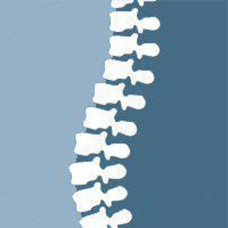What is Neuropathy?
Neuropathy is the destruction or damage of the peripheral nerves within the body. Damage done to the nerves can lead to numbness, tingling, and feelings of weakness in the extremities. Neuropathy can be caused by several different things, including injuries that damage the nerves and health conditions that cause the nerves to deteriorate. Diabetics, for example, can experience varying degrees of neuropathy as their condition continues to progress. Over time, the neuropathy can become so severe that circulation is compromised as well. This often results in amputations or surgeries to remove areas where the tissue has started to become compromised.
Why do Diabetic Patients Have Nerve Pain?
Diabetic neuropathy is the deterioration of the nerves in the extremities due to the constant, and sometimes extreme, fluctuations of the body’s blood sugar levels. The resulting damage can cause tingling, numbness, and eventually varying degrees of pain in the extremities. The toes and feet are often affected the worse because they are the farthest from the core of the body. Many people who have diabetic neuropathy have few to no symptoms whatsoever until the damage to the myelin sheath becomes so bad that the nerve itself is exposed. This can take an extremely long time, especially if the person has their diabetes under control.
How is a Pinched Nerve Treated?
Pinched nerves can be extremely painful and are the result of a nerve become compressed between two muscles, two bones, or a muscle and a bone. Pinched nerves often occur near the joints where inflammation can occur and put pressure on them as the person moves. The more a person moves, the more pressure that is placed on the nerve. Treating a pinched nerve involves reducing the inflammation in the area and freeing the nerve from wherever it is being confined. Deep tissue massage and chiropractic adjustments work hand in hand to both free the nerve and restore blood flow to the area, helping to reduce the risk of damage to the nerve.
